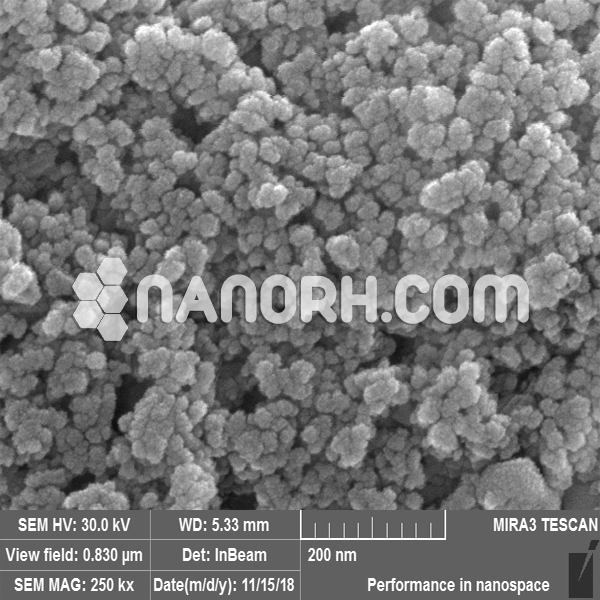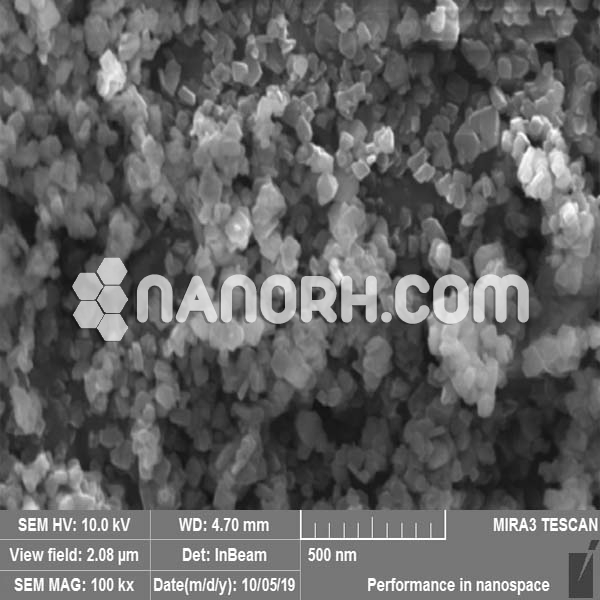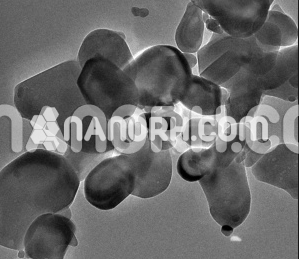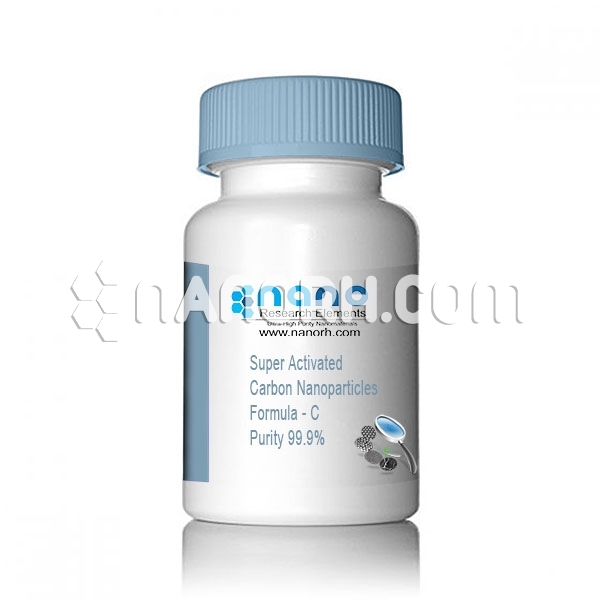Neodymium Doped Yttrium Aluminum Garnet Nanoparticles
Neodymium Doped-Yttrium Aluminum Garnet Nanoparticles
| Neodymium Doped Yttrium Aluminum Garnet Nanoparticles | |
| Product No | NRE-7010 |
| CAS No. | 12005-21-9 |
| Chemical Formula | Nd-Y3Al5O12 |
| APS | <100 nm (TEM) |
| Purity | 99.9% |
| Neodymium Doping Concentration | 1-3 mol% |
| Color | Off White |
| Molecular Weight | 593.62 g/mol |
| Appearance | White to off-white powder |
| Crystal Structure | Cubic (garnet structure) |
Neodymium Doped-Yttrium Aluminum Garnet Nanoparticles
Applications
Laser Technology and Solid-State Lasers:
Laser Diodes: Neodymium doped-yttrium aluminum garnet nanoparticles nanoparticles are widely used as gain media in laser diodes for both continuous-wave and pulsed laser systems. They are the basis for Nd:YAG solid-state lasers, which are used in a wide array of applications, including telecommunications, material processing, and medicine.
Pulsed Lasers: Nd:YAG nanoparticles are used in high-powered pulsed laser systems that are employed for cutting, welding, and drilling materials in industrial applications. The high peak power and efficient laser generation make them suitable for such tasks.
Biomedical Applications:
Imaging: The luminescent properties of Nd:YAG nanoparticles make them useful in imaging applications, such as in fluorescence microscopy and molecular imaging. Their biocompatibility and ability to emit light in the near-infrared region allow for deep tissue penetration, making them effective in medical diagnostics and imaging.
Theranostics: Nd:YAG nanoparticles can be functionalized for use in theranostics, which combine therapeutic and diagnostic functions. The nanoparticles can be used to deliver drugs to specific locations while simultaneously allowing for imaging of the therapeutic effect in vivo.
Cancer Treatment: The laser properties of Nd:YAG nanoparticles can be utilized in targeted photothermal therapy for cancer treatment. The nanoparticles can be designed to accumulate in tumors, where they absorb laser light and convert it into heat to destroy cancerous cells.
Optical Communications:
Fiber Optic Communications: Nd:YAG nanoparticles are used as the core material in fiber laser systems for optical communication. Their ability to efficiently generate high-powered laser light makes them ideal for long-distance communication systems that require high-speed data transfer and low signal attenuation.




